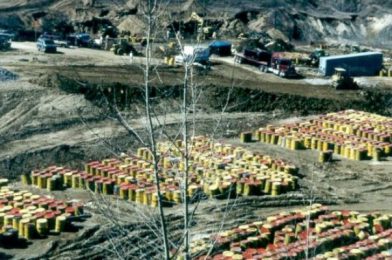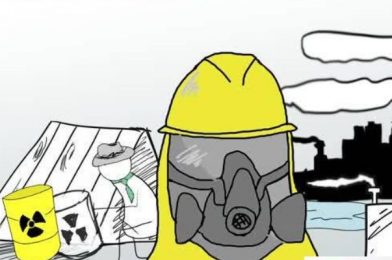Course Description
CERCLA (Comprehensive Environmental Response, Compensation, and Liability Act) is a law designed to remediate contamination from hazardous waste disposals that may endanger public health and the environment. This two hour course provides students with a basic understanding of many of the major provisions of CERCLA that are currently in place including: release reporting requirements in CERCLA Section 103 and the Emergency Planning and Community Right-To-Know Act of 1986 (EPCRA) sections 302-312. Participants are provided with a basic understanding of CERCLA, and an in-depth review of the Remedial Investigation/ Feasibility Study (RI/FS) process as it applies to DOE’s environmental restoration program. In addition, this course presents the regulatory process governing site assessment and remediation and takes an in-depth look at federal, state and local programs dealing with the regulatory framework, governing Superfund. Topics include: Superfund program; cleanup and abatement orders; release reporting; the National Contingency Plan (NCP); the administrative record; and the hazard ranking system.
How You Will Benefit
- Identify characteristics of the Comprehensive Environmental Response, Compensation, and Liability Act (CERCLA),
- Understand the hazardous terminology, National Priority List (NPL), remedial phase and liability provision.
- Learn about the three types of response activities defined under CERCLA; removal, remedial, and enforcement programs
- Develop a broad conceptual model of the site which includes, but is not limited to, identifying potential exposure concerns, the information necessary for an evaluation, and stakeholders concerns.
- Develop conclusions regarding preventing or reducing exposure; the likelihood of adverse health effects; the degree of public health hazard posed by the site; critical data gaps; and need for health education, exposure investigations.
- Understand the process of CERLA enforcement, and enforcement Audit.
- Understand the key provisions of CERCLA and SARA.


